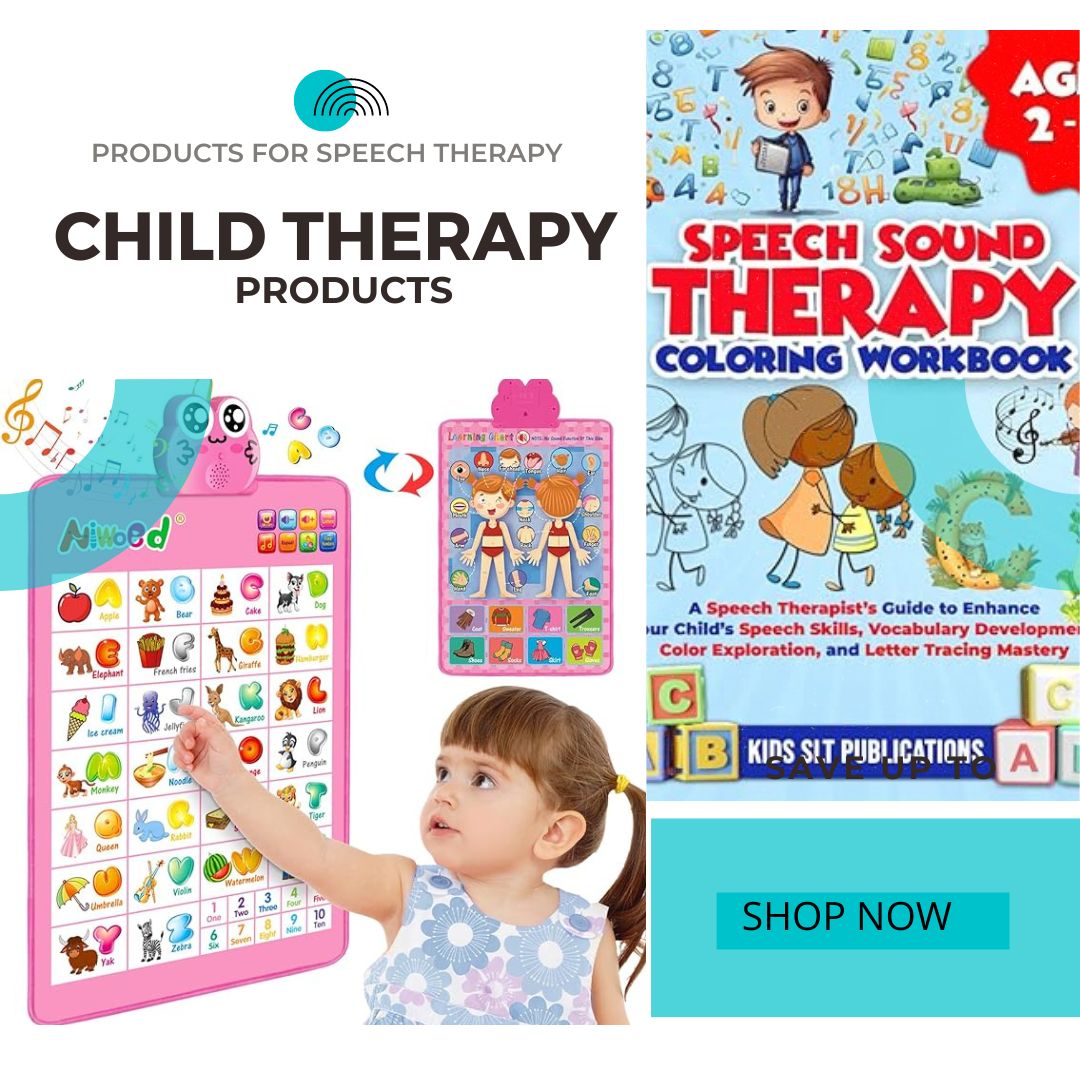Pediatric Speech Therapy an important part of pediatric care. It can help children with a variety of speech and language disorders, including:
- Articulation disorders: difficulty making certain sounds
- Fluency disorders: excessive stuttering or stammering
- Language disorders: difficulty understanding or using spoken language
Speech therapy can also help children with other issues, such as feeding problems or hearing loss. The goal of this therapy is to improve the child’s communication skills. It usually involves one-on-one sessions with a speech therapist.
The therapist will work with the child on specific goals, such as improving sound production or increasing vocabulary. Therapy may also involve parent training, so that parents can help their child practice at home.
Speech therapy can be beneficial for children of all ages. Early intervention is important for children with speech and language disorders, as they can make great progress with treatment. However, even older children and teenagers can benefit from speech therapy.
If you are concerned about your child’s speech or language development, talk to your pediatrician. He or she may refer you to a speech therapist for an evaluation and you will get better services for 2 to 3 years old kid.

Do you need to look for pediatric speech therapy degree before treatment?
If you’re considering seeking out speech therapy for your child, you may be wondering if you need to find a therapist with a pediatric speech therapy degree. While this may be helpful, it’s not necessarily required. Many therapists are able to successfully treat children without this specific type of training.
That said, if you’re looking for a therapist who has experience specifically with children, then a pediatric speech therapy degree may be something to look for. This type of degree indicates that the therapist has received specialized training in working with kids. This can give you peace of mind knowing that your child is in good hands.
Ultimately, the decision of whether or not to seek out a pediatric Speech Therapist is up to you. If you have any concerns, be sure to discuss them with your child’s doctor. They can help you make the best decision for your family.
What is Pediatric speech therapy cost
The cost of pediatric speech therapy can vary depending on a number of factors. These can include the severity of the child’s condition, the number of sessions required, experience, and the location of the therapy. In general, however, outpatient speech therapy for children tends to be less expensive than inpatient therapy.
Some insurance plans may cover part or all of the cost. So it is important to check with your insurance provider to see if speech therapy is a covered benefit. Many therapists also offer sliding scale fees based on a family’s income.
If you are concerned about the fee then there are several ways to reduce the expense. One option is to look for therapists who offer group discounts. You can also check with your local community center or school district to see if they offer free or low-cost speech therapy services. Finally, you can ask your child’s doctor for a referral to a therapist who offers reduced fee services.
So ultimately…
Pediatric speech therapists work with children of all ages, from infants to adolescents. They help children improve their communication skills, including speaking, listening, and understanding others.
There are many reasons why a child may need help from a pediatric speech therapist. Some children have difficulty producing certain sounds, such as “s” or “r.” Others have trouble using words correctly or pronouncing words clearly. Some stutter or have a very rapid rate of speech. And some children have trouble understanding what others say to them.
In addition to working with children who have speech and language disorders, pediatric speech therapists also work with children who have feeding and swallowing disorders. They help these children learn to eat and drink safely and effectively.
Pediatric speech therapists use a variety of techniques to help their patients improve their communication skills. These may include working on sounds and words, using pictures or other visual aids, and engaging in play activities. They also work with the child’s family to provide support and advice on how to best help the child at home.



